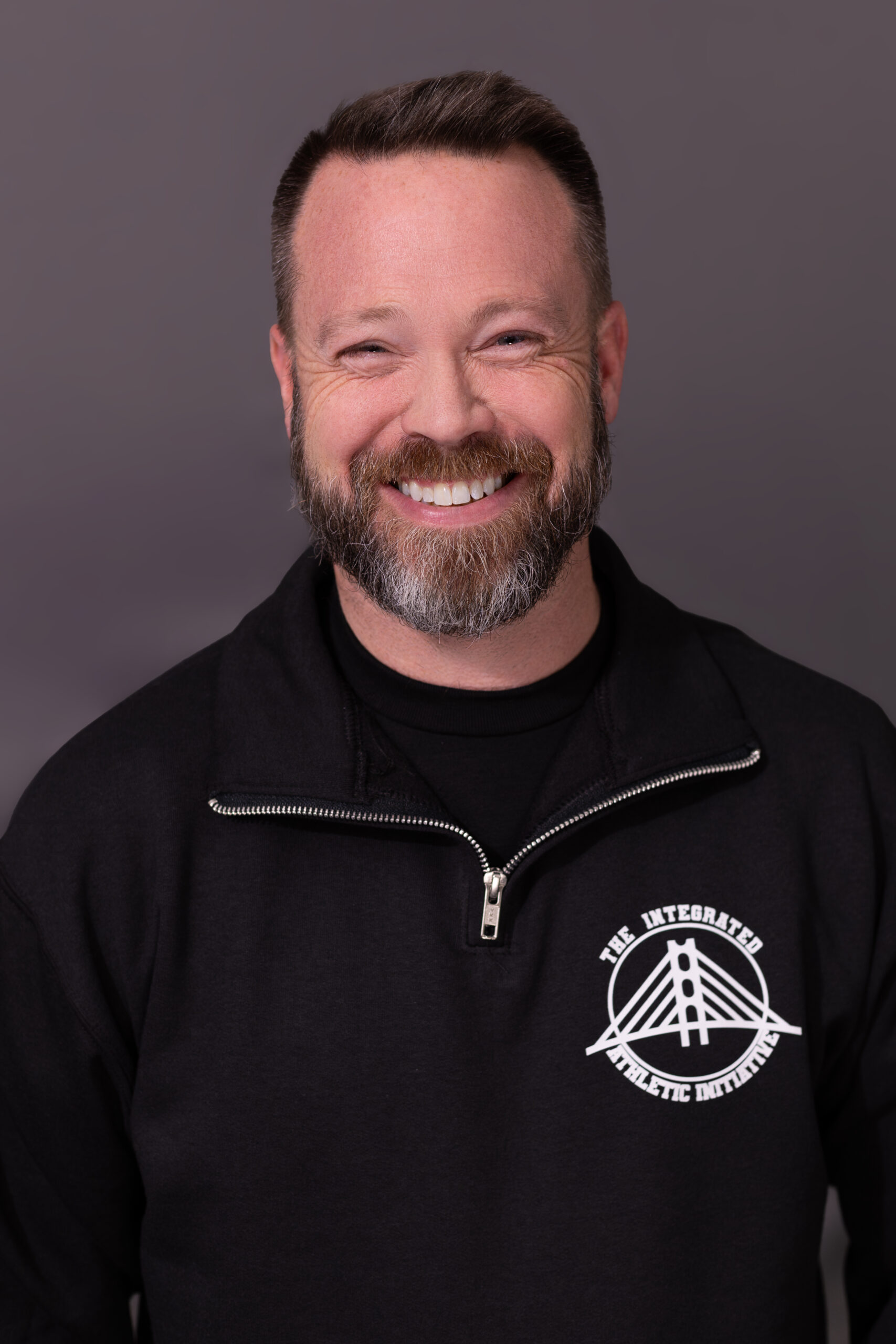We’re excited to introduce you to the always interesting and insightful Brian Licata. We hope you’ll enjoy our conversation with Brian below.
Hi Brian, thanks for joining us today. So, let’s start with trends – what are some of the largest or more impactful trends you are seeing in the industry?
One of the most transformative trends I’m seeing in the nonprofit world is the growing use of artificial intelligence, not as a buzzword, but as a practical tool for capacity-building. For organizations that operate on tight budgets and even tighter timelines, AI is becoming a lifeline.
I recently worked with a Chicago-based nonprofit that supports adults, ages 18 and up, who are currently experiencing or at risk of homelessness. They serve people from all backgrounds — regardless of gender identity, race, or sexual orientation — and they’re often the last line of support before someone falls through the cracks. But like many nonprofits, their staff wear multiple hats. The executive director was writing grants at midnight, their program manager was also the social media team, and there was no time or funding to hire additional help.
We implemented a simple AI workflow: a tool that analyzed past grant language and impact statements, auto-generated funder-specific proposals, and even drafted thank-you letters and outreach emails. What used to take days now takes hours. The team could redirect that time to deepening relationships with donors, expanding programming, and most importantly, serving their community with dignity and urgency.
The opportunity is massive. AI has the potential to democratize access to funding, strategy, and storytelling — especially for grassroots orgs that are often under-resourced and overlooked. It can help close the gap between mission and capacity.
But I won’t pretend it’s all upside. There are concerns around bias in AI-generated content, data privacy, and the risk of losing the human tone that’s so central to nonprofit communications. That’s why I always approach AI integration with a people-first mindset. It’s not about replacing human connection; it’s about reinforcing it.
Here’s what I believe: AI isn’t a trend. It’s a tool. And when nonprofits understand how to use it ethically and effectively, it can help them do what they were always meant to do — serve more people, with more impact, and more heart.
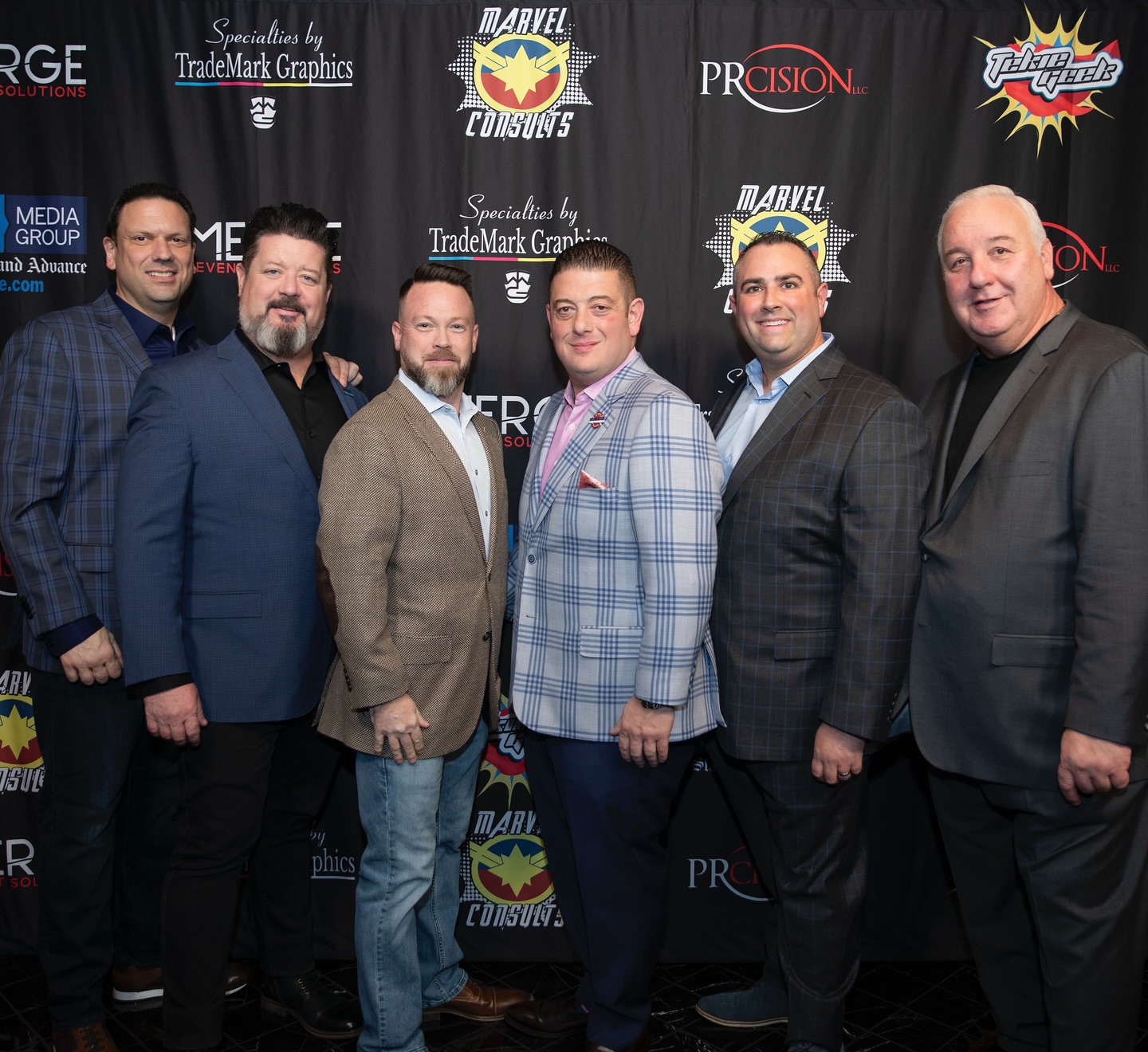
Awesome – so before we get into the rest of our questions, can you briefly introduce yourself to our readers.
I’m Brian Licata, founder and CEO of Marvel Consults — a strategic consulting firm that partners with nonprofits and small businesses to help them build capacity, scale impact, and operate with purpose and precision. Over the past 20 years, I’ve worked across sectors — from education to workforce development to nonprofit leadership — and I’ve worn just about every hat along the way.
My journey began in the classroom, but over time, I transitioned into consulting roles with the NYC Department of Education and the City University of New York (CUNY), helping to launch entrepreneurship programs and equip young people and adult learners with real-world skills and pathways to economic opportunity. Later, at the Chamber of Commerce, I focused on building pipelines between education and industry, helping local businesses connect with emerging talent and community resources.
That blend of education, business, and nonprofit experience shaped the foundation of Marvel Consults. We offer a full suite of services: strategic planning, grant writing, capital campaign support, program development, board recruitment and training, AI integration, and workforce development consulting. But at our core, we’re problem-solvers and roadmap builders.
Strategic planning is the cornerstone of our work. We help organizations clarify where they want to be in 3–5 years, and then we reverse-engineer the steps to get there. We implement standard operating procedures (SOPs) that streamline tasks, create accountability, and reduce burnout. We align board development, fundraising strategy, and staff training to support those long-term goals. Every engagement is rooted in sustainability, not short-term wins, but long-term transformation.
For many of the nonprofits we support, the needs are multifaceted: they might need a strategic plan, a new board member recruitment pipeline, support to strengthen their grant calendar, and systems to onboard and train staff effectively. We bring it all together — developing a comprehensive, customized plan and then working alongside them to bring that plan to life.
I’m especially proud of the way we show up for our clients. We don’t parachute in and leave them with a deck of ideas. We roll up our sleeves, get in the trenches, and help them execute. Whether we’re helping a Chicago-based organization serving unhoused adults or building an inclusive sports league for autistic youth in New York, our goal is always the same: leave the organization stronger than we found it.
What sets Marvel Consults apart is our commitment to equity, innovation, and actionable strategy. We’re not interested in jargon or fluff. We’re here to help people build something real—something that lasts. That means aligning mission with operations, passion with process, and big-picture vision with the daily work that makes it all happen.
If you’re a nonprofit leader or small business owner feeling overwhelmed, stuck, or under-resourced, know this: there’s a way forward. And we’d be honored to help you find it. We offer pro bono work to small grassroots nonprofits.
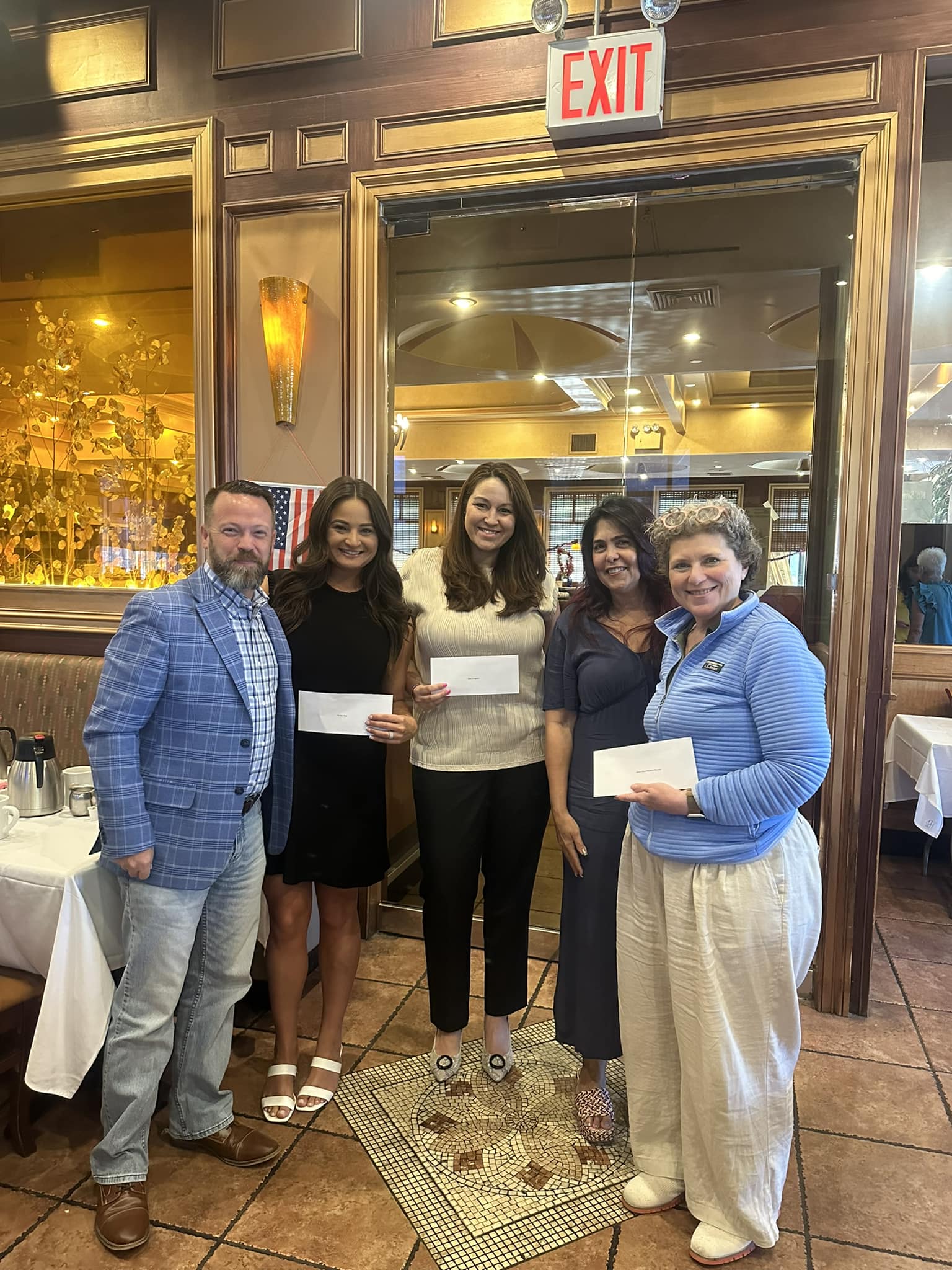
Any advice for growing your clientele? What’s been most effective for you?
Our most effective strategy — and truly the only strategy we rely on — is word of mouth.
We don’t run ads. We don’t cold pitch. We’re not in the business of convincing people to hire us. Marvel Consults grows because our clients experience the value we bring and want others in their ecosystem — partners, funders, vendors, and even peer organizations — to benefit from that same support. Most clients stay with us for a few years. we work on a month-to-month contract, so no one feels like we are tethered to each other.
In many cases, clients have asked us to work with their collaborators or connected us with nonprofits they admire because they trust our process and see the transformation that comes from our work. That’s the highest compliment we can receive — when someone we’ve helped wants us to help the people and organizations they care about.
Importantly, we never create competition between clients. Every engagement is customized and confidential. Whether we’re working with two organizations in the same borough or two vendors in the same sector, we tailor everything — strategic plans, SOPs, grant strategies — to fit that specific team, that mission, and that community. There’s no one-size-fits-all here. That level of personalization builds trust, and that trust fuels referrals.
Word of mouth isn’t just how we grow — it’s how we stay aligned with our values. Relationships come first. Always.
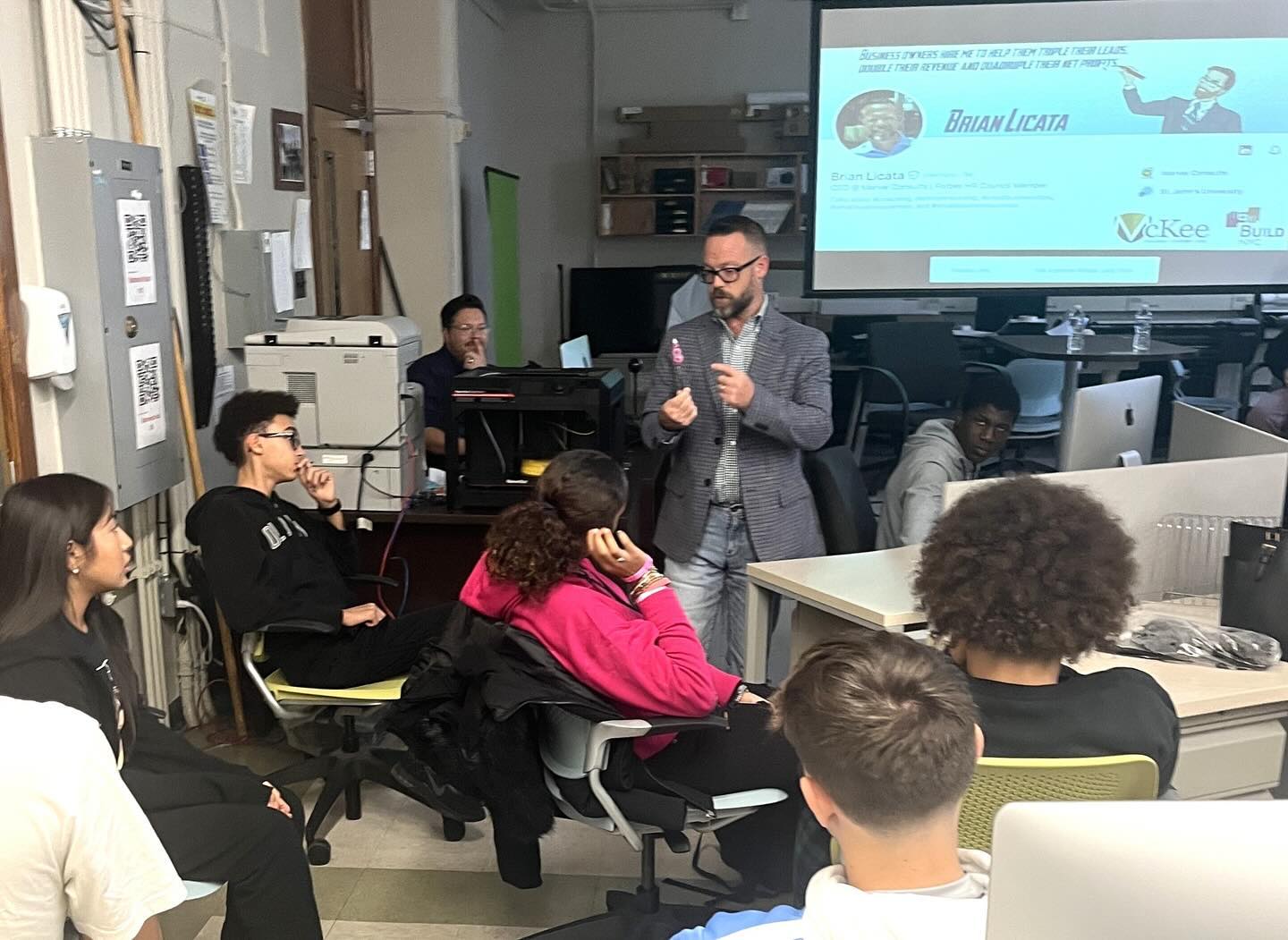
Are there any books, videos or other content that you feel have meaningfully impacted your thinking?
Absolutely — I consider myself a continuous learner. That mindset has fueled both my entrepreneurial growth and the way I serve my clients. I’m constantly seeking out knowledge and stackable credentials that sharpen my skills and expand what I can offer. Over the past few years, much of my professional development has centered on artificial intelligence — not just learning the tools, but understanding how to implement them ethically and strategically for mission-driven work.
I’ve earned multiple certifications in Prompt Engineering, specific to platforms like ChatGPT and Gemini, as well as Generative AI for Educators, which has been especially useful for my consulting work with schools and nonprofit training programs. These tools have changed the game — not just in how we write, plan, and communicate, but in how we imagine what’s possible for small teams with big missions.
In terms of reading, I’ve always drawn inspiration from leaders who value character, discipline, and purpose. Leading With the Heart by Coach Mike Krzyzewski and Wooden on Leadership by John Wooden are two of my favorites. Their philosophies on building teams, staying grounded in values, and winning through service have deeply influenced how I run Marvel Consults — and how I help nonprofits build cultures of excellence.
More recently, I’ve been digging into The AI-Savvy Leader: 9 Ways to Take Back Control and Make AI Work — a great resource for any executive trying to lead confidently in this new era. It reinforces something I believe strongly: AI is a tool, not a replacement for leadership. When used wisely, it can extend your team’s capacity and clarify your vision — but it still takes a human to lead with purpose.
Whether it’s a coaching philosophy, a business strategy, or a new AI framework, I’m always looking for ways to grow and share that growth with others. That’s what fuels my work — and it’s what keeps Marvel Consults relevant, agile, and impact-driven.
Contact Info:
- Website: https://marvelconsults.com
- Instagram: https://instagram.com/marvel-consults
- Facebook: https://facebook.com/marvelconsults
- Linkedin: https://linkedin.com/company/marvel-consults
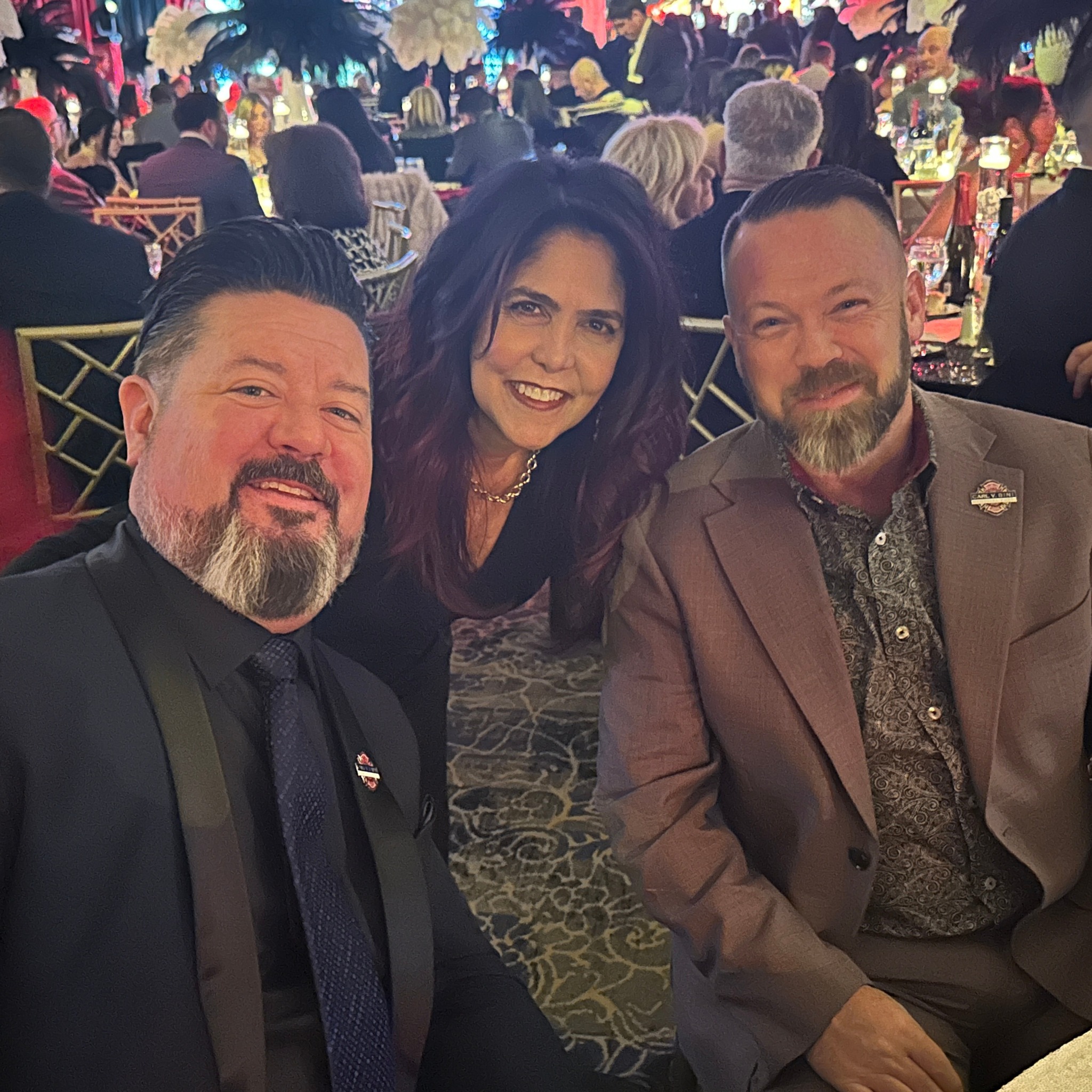
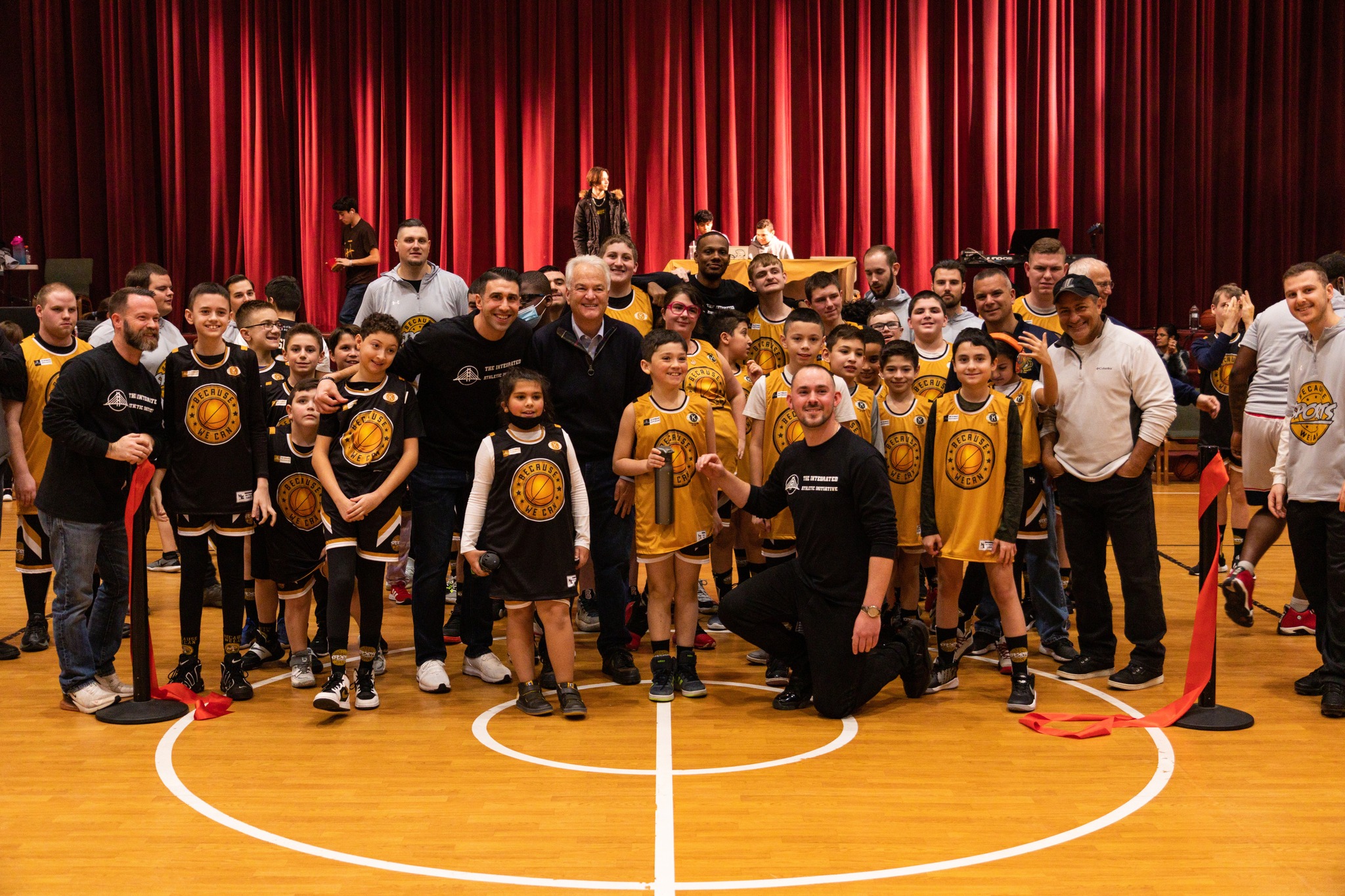
Image Credits
Photos taken by Marvel Consults


